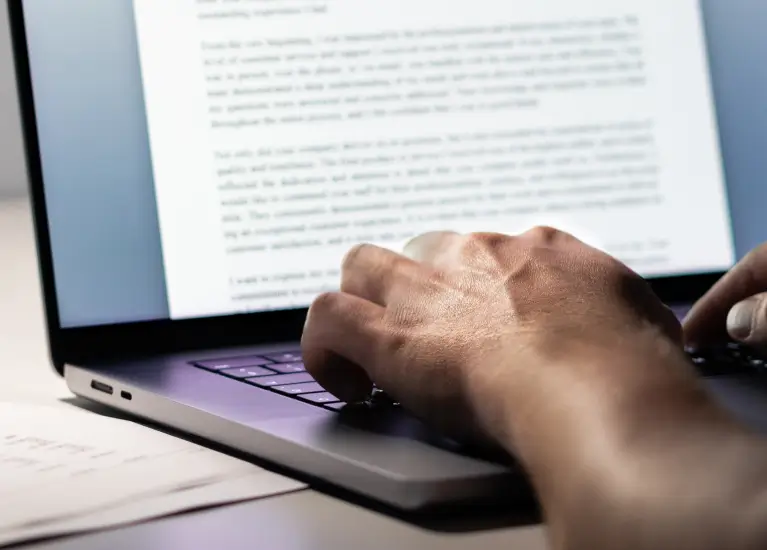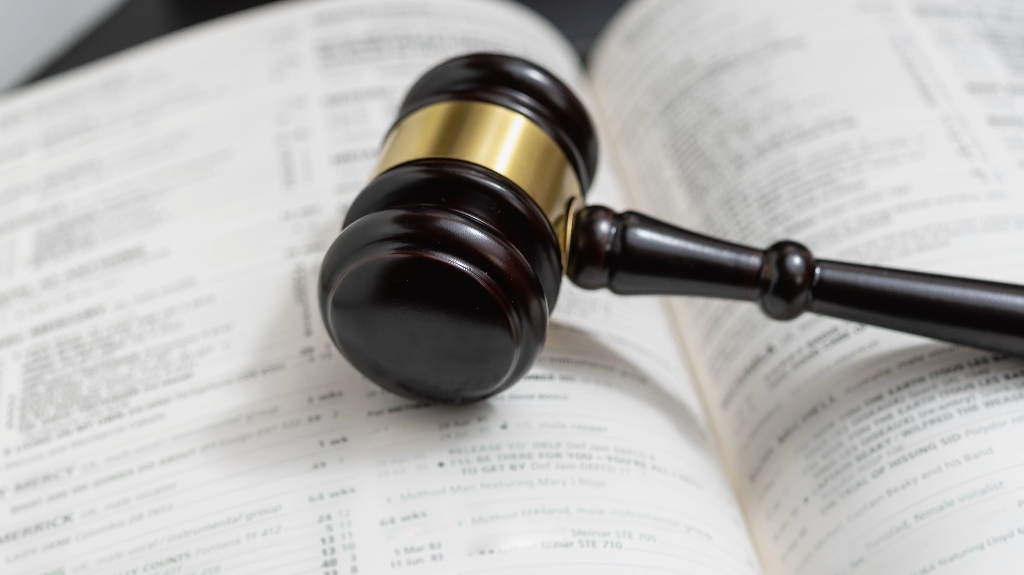An arrest in Chicago can take your life in a direction you never intended. Whether you’ve been accused of theft from a shop or more serious charges like armed robbery, the road ahead is going to be a difficult one, but not one you will have to walk alone.
At Fabbrini Law Group, LLC, our Cook County criminal defense lawyers have guided thousands of clients through the Illinois criminal justice system. We know how the process works because we’ve been through it countless times on behalf of our clients. If you were recently arrested and are unsure of what is going to happen next, we’re here to tell you what to expect.
How Do Cook County Criminal Cases Begin?
A Cook County criminal trial starts long before anyone sets foot in a courtroom. It typically begins with an indictment, arrest, or complaint. In most cases, police arrest someone after finding probable cause through investigation, securing a warrant, or witnessing an apparent offense.
Once you are taken into custody, a bond hearing, your first court appearance, must take place within 48 hours. A Cook County judge might release you on a PR (personal recognizance) bond, deny bail outright, or set the conditions for your release, depending on the alleged offense and associated risk factors.
After this, you will be formally charged by the prosecutor. Felonies require either a grand jury indictment or a preliminary hearing. During this phase, the prosecution must prove that they have enough evidence to advance their case. After charges have been filed, a defense strategy can begin to take shape.
Case Building, Discovery, and Pretrial Motions
Before trial, your Cook County criminal defense lawyer will have multiple opportunities to challenge the evidence and arguments presented by the prosecution. Supreme Court Rule 412 states that the defense is entitled to review all evidence, including eyewitness statements, police reports, videos, lab results, and more.
Pretrial motions give your lawyer a chance to address problems in your case before it goes to trial. Generally speaking, this means challenging whether a search or a traffic stop was legally conducted. If a judge decides that the evidence was improperly obtained, it can be thrown out, and without it, prosecutors may be forced to reduce or even drop the charges against you.
Your lawyer may also challenge identification procedures, prevent improper witness testimony, or bring a motion to dismiss the case; all of which can help us restrict what the jury hears and sees, putting the ball back in your court.
The Process of a Cook County Criminal Trial
If your case goes to trial, it will proceed as either a jury trial with 12 jurors or a bench trial heard only by a judge. We work closely with our clients to make this choice wisely. Depending on the case, it may be better to rely on a judge’s legal expertise or the fairness and empathy of a jury of peers.
The first part of a trial is jury selection. During voir dire, jurors will be questioned to ensure a fair panel and identify any biases. The process then moves to opening statements, where attorneys summarize the story they are going to tell through the evidence.
The prosecution presents its evidence and witnesses first. Your Cook County criminal defense lawyer will cross-examine each witness and then present their defense, whether it’s exposing holes in the state’s case, forensic evidence, or an alibi.
Once both sides rest their cases, attorneys make their closing arguments. The jury then meets in private to deliberate and must come to a unanimous decision. If they cannot, the case may end in a hung jury and a mistrial. A guilty verdict leads to sentencing, which usually occurs weeks afterward.
What Types of Evidence Do Prosecutors Use?

Evidence commonly used by prosecutors includes:
- Surveillance footage
- Eyewitness testimony
- Digital records (online activity, call logs, texts)
- Lab tests (DNA, fingerprints, drugs)
- Police body cam videos
Unfortunately, not all evidence is as reliable as it appears. Eyewitnesses can mistakenly identify people, and lab results can be compromised by human error or improper handling. Our firm works with seasoned investigators and forensic experts to examine the prosecution’s evidence and expose any weaknesses. If the evidence against you has been unlawfully obtained, we take action by filing a motion to suppress, an important step that can often shift the direction of an entire case.
Why a Criminal Defense Lawyer Is Essential from Day One
Illinois criminal law is rife with complex procedures that vary across jurisdictions. Every county has different approaches to handling evidence and pretrial motions, judicial tendencies, and courtroom practices. Without knowledgeable legal advice, defendants are likely to miss vital opportunities to defend their rights and challenge the charges against them.
At Fabbrini Law Group, LLC, our attorneys provide immediate support from the earliest stages of a case. We advise clients to refrain from speaking with law enforcement without legal counsel, represent them at bond hearings, pursue motions to suppress evidence when appropriate, and, when necessary, advocate vigorously through trial and appeal.
Our lawyers are not afraid to go to trial. In fact, our readiness to litigate frequently encourages better plea deals because prosecutors know we are willing to fight.Our defense strategy is assertive, tailored, and carefully planned. Drawing on a deep understanding of how prosecutors construct their cases, we work to identify weaknesses and develop effective counterarguments. Throughout the process, we ensure our clients stay informed, supported, and confident about what to expect at every stage. To schedule a confidential legal consultation with a Cook County criminal defense lawyer from Fabbrini Law Group, LLC, call (312) 494-3131 or fill out the contact form on our website.


